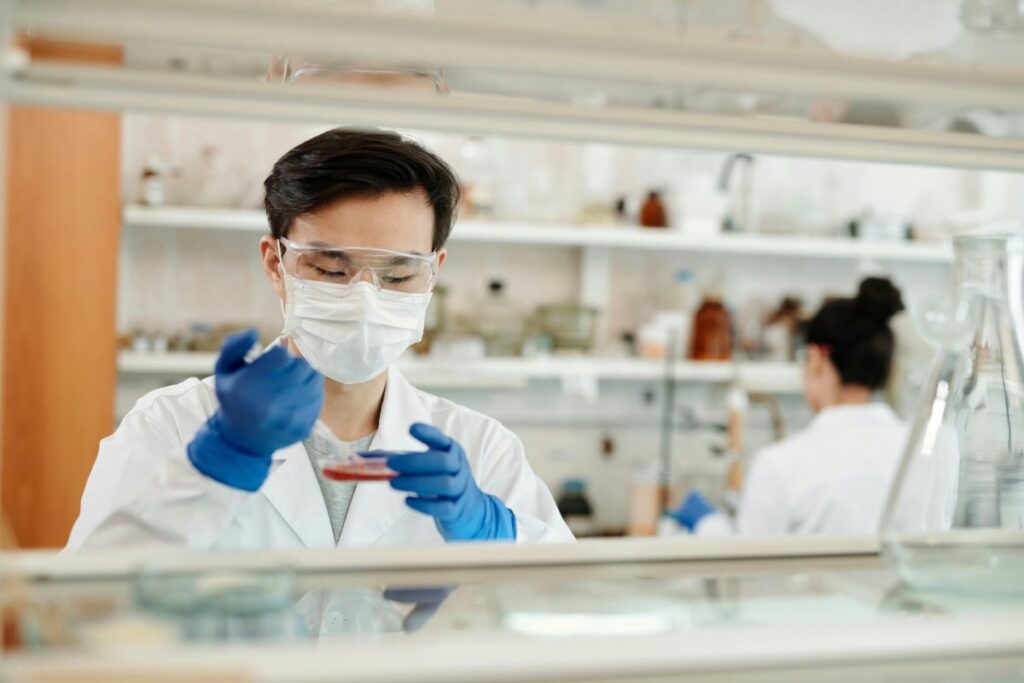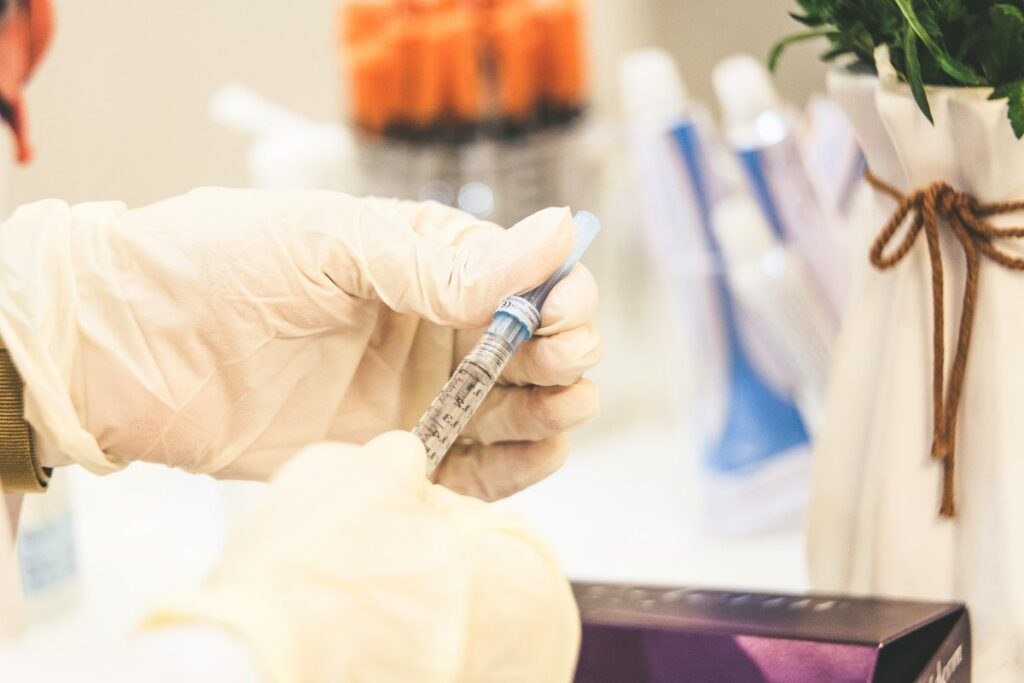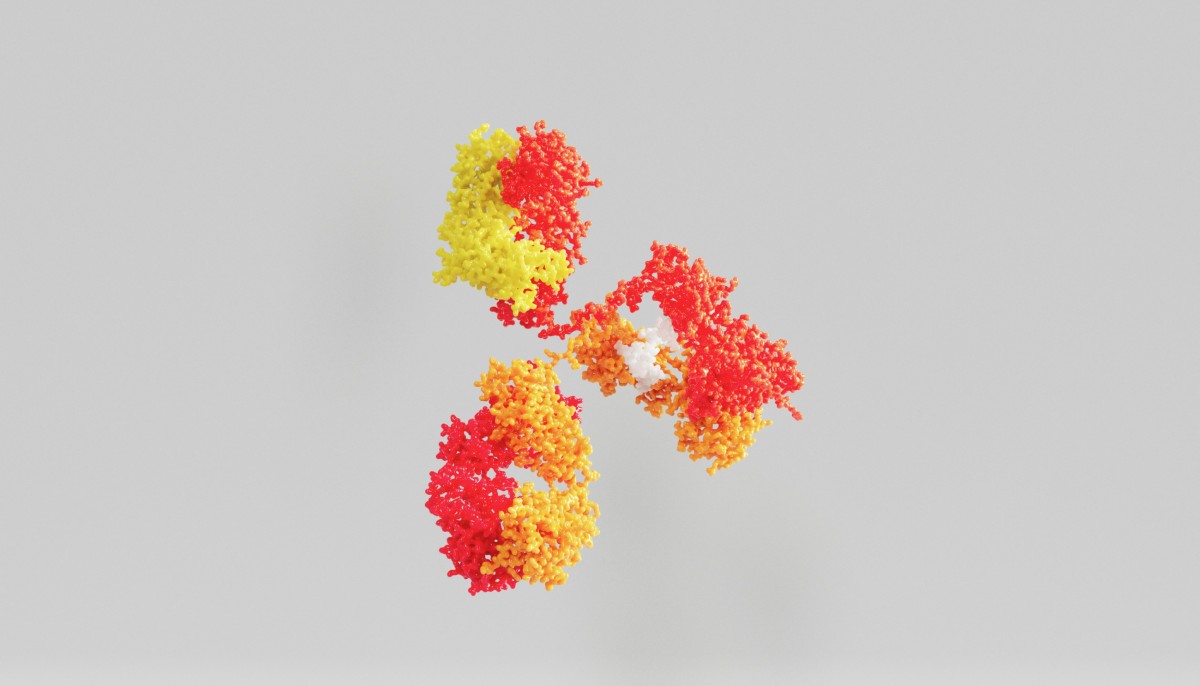Antibodies are essential defenders in our immune system, playing a key role in identifying and neutralizing pathogens. Among them, monoclonal and polyclonal antibodies stand out for their unique properties and applications. Understanding the differences between these two types of antibodies is vital for their effective use in research and medical treatments.
What are Antibodies?

Now, let’s start with the basics. Antibodies are like the body’s personal bodyguards, always on the lookout for troublemakers. Our immune system produces these specialized proteins to identify and neutralize foreign invaders such as bacteria, viruses, and other harmful pathogens. Think of them as tiny soldiers patrolling your bloodstream, ready to jump into action at the first sign of danger.
When an invader, known as an antigen, enters the body, it triggers the immune response. The immune system responds by producing antibodies that specifically recognize and bind to these antigens. This binding process either neutralizes the threat directly or marks it for destruction by other immune cells.
Now, there are two main types – monoclonal and polyclonal antibodies. Each has unique characteristics and applications, which brings us to our key question: monoclonal antibodies vs polyclonal antibodies – what’s the difference, and when should you use each one?
Antibodies play a crucial role in various applications beyond just keeping us healthy. They are essential tools in scientific research, diagnostics, and therapeutic treatments. Whether you’re developing a new diagnostic test, researching a disease, or creating a targeted therapy, understanding how antibodies work and how they differ is key to choosing the right type for your needs.
Monoclonal Antibodies
So, let’s start with the first one: monoclonal antibodies. Here’s a bit more detail about them!
How They’re Made
Monoclonal antibodies are the specialists in the antibody world. They are produced by creating identical immune cells, all clones of a single parent cell, to target one specific antigen.
Here’s a simplified process of making them:
The process begins by immunizing a mouse (or another suitable animal) with the desired antigen. Once the mouse’s immune system produces antibodies against the antigen, the antibody-producing cells (B cells) are harvested from the animal’s spleen.
These B cells are then fused with myeloma cells, a type of cancer cell that can divide indefinitely. The fusion of these cells creates a hybridoma—a hybrid cell that can both produce the desired antibody and proliferate endlessly. These hybridoma cells are cultured and screened to identify those producing the specific monoclonal antibody.
Once identified, these cells are cloned and cultured in large quantities to produce a consistent and pure supply of monoclonal antibodies.
Pros and Cons
Each antibody type has its pros and cons. Here are just a few for monoclonal antibodies:
Pros:
- Specificity: Monoclonal antibodies bind to a single antigenic site, making them highly specific. This specificity is crucial for applications where precise targeting is required, such as in treatments and diagnostic tests.
- Consistency: Because they are produced from identical cells, monoclonal antibodies offer high batch-to-batch consistency. This reliability is vital for research and clinical applications, ensuring reproducible results.
Cons:
- Cost: The production of monoclonal antibodies is complex and expensive, involving advanced biotechnological processes and rigorous quality control measures.
- Complexity: The production process is time-consuming and technically demanding, requiring specialized equipment and expertise.

Polyclonal Antibodies
Now that we have learned more about monoclonal antibodies let’s jump to their counterpart – polyclonal antibodies. Here’s what you need to know!
How They’re Made
Polyclonal antibodies, on the other hand, are the generalists. They are produced by immunizing an animal (commonly rabbits, goats, or sheep) with the antigen of interest. The animal’s immune system generates a diverse array of antibodies, each recognizing different epitopes (binding sites) on the antigen.
After a period of immunization, the animal’s blood is collected, and the serum containing the polyclonal antibodies is separated and purified. This mixture of antibodies can bind to multiple epitopes on the target antigen, providing a broader response.
Pros and Cons
Of course, they, too, have their pros and cons. Here are the most significant ones:
Pros:
- Versatility: Polyclonal antibodies can recognize and bind to multiple epitopes on an antigen. This versatility makes them suitable for detecting complex antigens or those with multiple variants.
- Cost-Effective: The production process for polyclonal antibodies is generally cheaper and faster compared to monoclonal antibodies. It requires fewer specialized techniques and equipment.
Cons:
- Variability: Since polyclonal antibodies are a mixture of different antibodies, there can be batch-to-batch variability. This variability can affect the consistency of results, especially in sensitive applications.
- Lower Specificity: Polyclonal antibodies might bind to multiple targets, leading to potential non-specific binding. This can be a disadvantage in applications requiring high specificity.
Monoclonal Antibodies vs Polyclonal Antibodies

When it comes to choosing between monoclonal and polyclonal antibodies, it really depends on the task at hand. Here’s a closer look at the key differences:
Specificity and Consistency
Monoclonal antibodies are highly specific, targeting a single epitope on the antigen. This makes them ideal for applications where precision is crucial, such as in treatments for diseases like cancer, where targeting a specific molecule can minimize side effects and improve efficacy. The high consistency of monoclonal antibodies ensures reproducible results, which is essential for clinical and diagnostic applications.
Polyclonal antibodies, with their ability to recognize multiple epitopes, offer greater versatility. They are particularly useful in detecting antigens with multiple forms or in situations where the antigen may change, such as during infection or mutation. However, this versatility comes with a trade-off in specificity and consistency, which can be a concern in certain applications.
Cost and Production
The production of monoclonal antibodies is more expensive and complex, involving advanced biotechnological processes. This higher cost is justified by their specificity and consistency, which are critical for certain high-stakes applications. In contrast, polyclonal antibodies are cheaper and faster to produce, making them accessible for a wide range of research and diagnostic purposes.
Practical Applications
Another one of the key differences is, of course, how we use them.
Monoclonal Antibodies:
- Therapeutic Use: Monoclonal antibodies have revolutionized the treatment of various diseases, particularly cancer.
Here’s an example: drugs like Herceptin (trastuzumab) target specific cancer cells, reducing tumor growth and improving survival rates. In autoimmune diseases like rheumatoid arthritis, monoclonal antibodies such as Humira (adalimumab) target inflammatory molecules, providing relief from symptoms and slowing disease progression.
- Diagnostic Tools: In diagnostics, monoclonal antibodies are used in assays like ELISA (enzyme-linked immunosorbent assay) to detect the presence of specific antigens. They provide precise and reliable results, which are essential for accurate diagnosis and monitoring of diseases.
Polyclonal Antibodies:
- Research Applications: In research, polyclonal antibodies are used for western blotting, immunoprecipitation, and other techniques to detect and quantify proteins. Their ability to recognize multiple epitopes on the target protein enhances sensitivity and detection, making them invaluable for studying protein expression and function.
- Immunohistochemistry: Polyclonal antibodies are widely used in immunohistochemistry to detect antigens in tissue sections. Their broad reactivity ensures that even if some epitopes are masked or altered during tissue processing, other epitopes can still be recognized, providing robust staining and identification.
Wrapping It Up
Understanding the difference between monoclonal and polyclonal antibodies is crucial for their effective use in research, diagnostics, and therapeutic applications.
So, don’t forget this: monoclonal antibodies offer high specificity and consistency, making them ideal for precise applications. Polyclonal antibodies provide versatility and cost-effectiveness, making them suitable for a broader range of uses.
Knowing when and how to use each type allows scientists and medical professionals to make informed decisions, advancing research and improving patient care. And with the science and technologies evolving at this pace as they are, who knows what awaits us in just a few years! The only thing we know is that we should all be excited about it since it brings hope for a better tomorrow.















